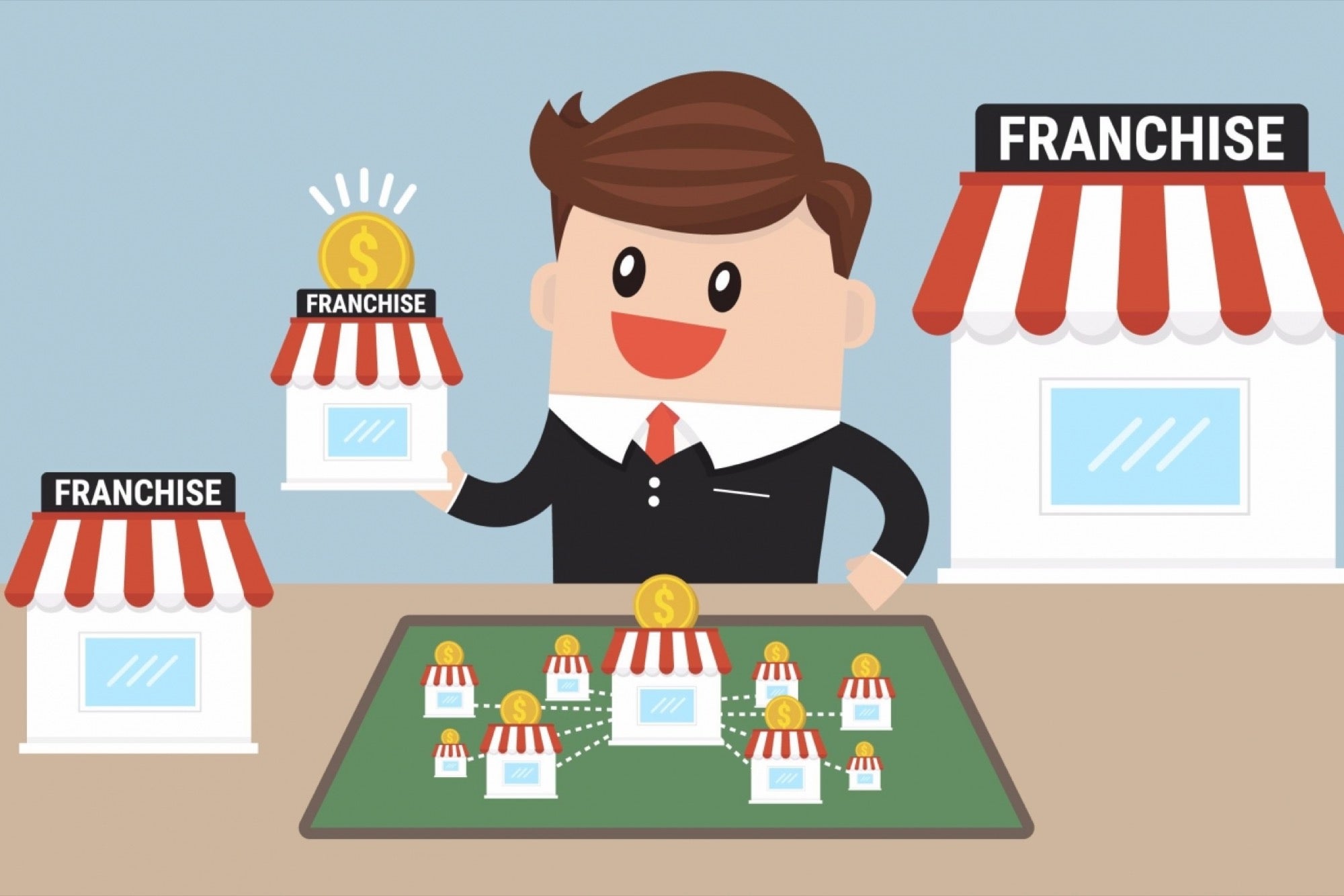What You Need To Know Before Starting A Franchise Business Franchises represent a convenient way for someone to start their own business- almost everything to operate the business is either supplied or communicated by the franchisor.
Opinions expressed by Entrepreneur contributors are their own.
You're reading Entrepreneur Middle East, an international franchise of Entrepreneur Media.

In basic terms, a franchise is a license, or permission to use the name and products of an existing business, as well as the trademark. The party that grants the franchise is known as a franchisor and the party taking the franchise is known as a franchisee. Once the franchisor grants the franchise to a franchisee, the franchisee will have the benefit of the franchisor's brand, can start selling the franchisor's products and have the benefit of the franchisor's know-how, trademarks and other resources such as other accounting services, logistical services and professional advisors. Well known franchises include KFC, Pizza Hut, McDonalds, Hertz, Subway, Papa Johns, Pet Depot, and Broccoli Pasta and Pizza.
Franchises represent a convenient way for someone to start their own business- almost everything to operate the business is either supplied or communicated by the franchisor. However, there are several pitfalls that may occur to both franchisors and franchisees, and it is the purpose of this particular article to cover some of the major issues.
The Process
The franchise process is often dictated by the franchisor who would lay down the procedure. It would often be the case that a franchisee has no choice but to accept the process required by the franchisor. A typical process would be comprised of the following steps:
- approach by the potential franchisee to the franchisor.
- due diligence and vetting of the potential franchisee by the franchisor.
- due diligence by the franchisee of the franchise. The franchisee must be confident that the franchise is profitable and suitable for him/her.
- approval by the franchisor, often with certain conditions that need to be satisfied.
- the franchisor will send to potential franchisee the franchise agreement to sign and return.
- And now, both parties will start the franchise.
The Agreement
The franchise agreement is a very important document and it governs the legal obligations of the franchisor and the franchisee. It can often be very lengthy and complex, and therefore both parties should take legal advice from lawyers specializing in franchises. If you are a franchisee, the document would often contain onerous requirements on you. You should obtain legal advice so that you are fully aware of what your obligations will be.
The key terms are as follows:
- Payment provisions: The franchise agreement will usually require various payments to be paid to the franchisor during the franchise. They are usually the initial sum, the management fee, and the advertising fee.
- Term: This would state for how long the franchise is being granted.
- Intellectual property: This deals with any trademarks, patents or copyright of the franchisor and the products/services and how the franchisee is allowed to deal with the same.
- Supplies: It may be that the franchisee has to purchase all items sold, by the franchise, from the franchisor.
- Confidentiality: This goes with intellectual property provisions and would usually state that any information or document provided by the franchisor is to remain confidential.
- Guarantee: Often the franchisee would be a company- that is the business owner would set up and incorporate a company for running the franchise. If this is the case, the franchisor would often require the business owner of the franchisee company to give a personal guarantee. It is essential the business owner takes independent advice before giving and guarantee.
- Accounting records: If the franchisor requires a management fee to be paid, then the franchise agreement would have detailed provisions regarding the accounting formalities of the franchise. The franchisee would have to ensure that a full set of records are kept, a firm of competent and reputable accountants audit the franchise regularly, and the franchisor has a right to inspect the accounts and see copies of invoices/receipts.
- Employees: The franchisor might have particular requirements to employees such as qualifications, particular experience or maybe they have to pass a training program designed by the franchisor.
- Software: If the equipment supplied by the franchisor uses a particular software, the franchisor will normally require the franchisee to sign/agree the terms of the software license.
- Property/premises: With some franchises, the franchisor will insist on acquiring the property and then leasing the same to the franchisees. A related matter to the franchisee's property/premises is the fitting out. Some franchisors insist on designing and then fitting out the franchisee's premises to their specification.
- Assignment: This part of the franchise agreement would stipulate the process if the franchisee wishes to sell/dispose of his franchise.This may include provisions regarding the premises as well, but often it will just state what a third party wishing to buy the franchise has to do.
- Non-competition: The franchisor would want to ensure that after the franchise has ended, the franchisee does not compete with the franchise or the franchisor. Therefore, the franchise agreement would have provisions restricting the franchisee from such activity. This would often be a geographic restriction as well as a period of time.
At TWS Legal Consultants, we believe in partnering with our clients. With franchisors, we can be involved from the beginning of the process, sitting with our clients, and other professional to devise the most appropriate structure and documentation. Doing so will better the chances for a good relationship between franchisor and franchisee- and thereby pave the way for a thriving business.
Related: Why Opening A Franchise Business Is Better Than Starting Your Own













